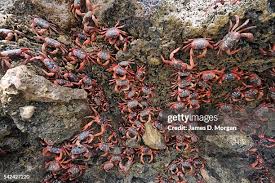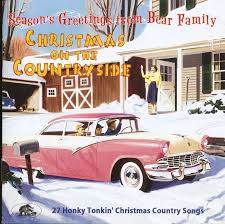The Cultural Significance of Van der Merwe in South Africa
Introduction
Van der Merwe has emerged as a notable part of South African culture, representing not only a common surname but also a character in the humorous narratives often associated with the Afrikaner identity. Initially caricatured in jokes and folklore, Van der Merwe encapsulates various stereotypes, making him a cultural touchstone in discussions about identity, social issues, and humour in South Africa.
The Origin of Van der Merwe
Historically, the name Van der Merwe originates from the early Dutch settlers in South Africa, primarily used in Afrikaans communities. Over the decades, it has evolved into a figure of light-hearted jest, often portraying an unrefined yet relatable persona. This satirical representation has sparked an ongoing cultural dialogue among South Africans, particularly about acceptance, identity, and social class.
Current Events and Relevance
Recently, the term Van der Merwe has gained unprecedented visibility in mainstream media and entertainment, particularly with the resurgence of Afrikaans comedy and its evolving narratives in television series and stand-up specials. In the wake of the COVID-19 pandemic, many Afrikaans comedians have turned to their roots for inspiration, using the Van der Merwe character to connect with audiences navigating the complexities of post-pandemic life. For instance, popular shows have integrated Van der Merwe into their plots, infusing traditional jokes with contemporary themes like lockdown experiences and social distancing, thereby keeping the character relevant and relatable.
Conclusion
The relevance of Van der Merwe extends beyond mere entertainment; he represents an introspective take on South African society’s values and challenges. As debates surrounding cultural identity persist in South Africa, the continued evolution of the Van der Merwe character may serve as a litmus test for societal attitudes towards humour and identity. Observers can anticipate that the dialogues surrounding Van der Merwe will become increasingly profound, reflecting not just humour but also the changing dynamics of cultural identity in a diverse society like South Africa.









